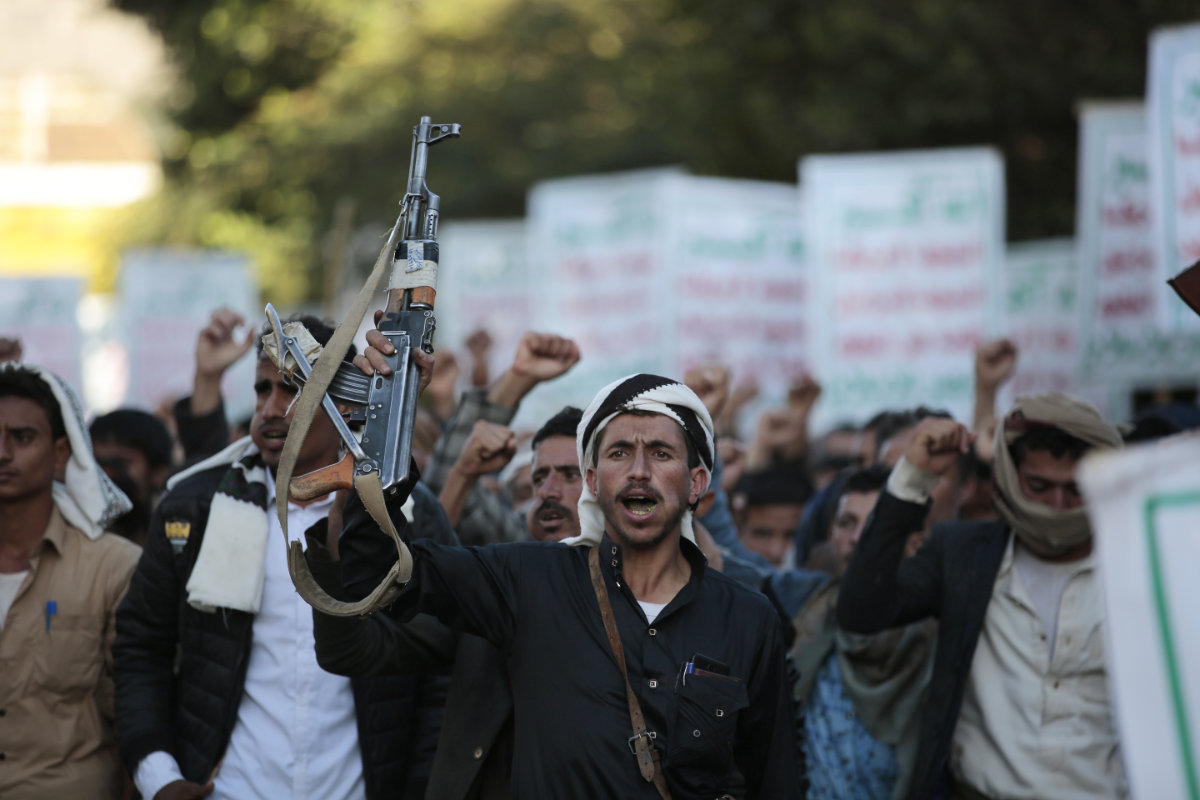Calls to break silence on Lokman Slim assassination anniversary
BEIRUT: Friday marks the first anniversary of the assassination of Lebanese researcher and publisher Lokman Slim, but his family is yet to receive any new information regarding the course of the judicial investigation to uncover the circumstances of the crime.
Slim, 58, was shot dead on Feb. 3, 2021.
His body was found in his car in the village of Aaddousiyyeh in southern Lebanon, the day after his family reported that they had lost contact with him while he was returning from visiting a friend in the area where Hezbollah has great influence.
Slim, who was known for his outspoken opposition to Hezbollah, had been threatened before his death.
Slogans accusing Slim of treason had been written on the walls of his home in the southern suburb of Beirut, with taglines glorifying “gun silencers” and expressions such as “Hezbollah is the honor of the nation.”
The Lokman Slim Foundation launched a campaign coinciding with the anniversary of his assassination calling for “breaking the silence surrounding political assassinations and opposing the culture of murder and impunity.”
The primary task of the foundation set up in Slim’s name is to document “political assassinations in the Middle East and North Africa.”
Activists and analysts say Lebanon’s modern history is replete with assassinations and assassination attempts against politicians, journalists, academics, clerics and activists, whose perpetrators remain unknown.
The latest of these crimes is the Beirut port explosion on Aug. 4, 2020, which killed 220 people, injured 6,500 others and destroyed part of the capital.
The Beirut port probe is still suspended by a political decision and obstructed especially by Hezbollah.
As no suspect has been arrested for Slim’s assassination, Human Rights Watch in a statement on Thursday criticized “the flawed investigations into politically sensitive murders.”
It called on donors to review the aid provided to the Internal Security Forces and the judiciary in Lebanon.
Aya Majzoub, Lebanon researcher at HRW, said: “The unsolved murders and shoddy homicide investigations are a reminder of the dangerous weakness of Lebanon’s rule of law in the face of unaccountable elites and armed groups.
“The security forces and judiciary, often generously funded and trained by donor countries, have the technical capacities to investigate murders, but have failed to identify any suspects in these sensitive cases or to follow obvious avenues of investigation.”
The cases HRW examined are: Slim, a longtime Hezbollah critic; Joe Bejjani, a telecommunications worker and amateur military photographer shot on Dec. 21, 2020; Col. Mounir bou Rjeily, a retired customs officer found dead in his home on Dec. 2, 2020 from being struck with a sharp object on his head; and Antoine Dagher, the head of Byblos Bank’s ethics and anti-fraud department and former head of its compliance unit, who was stabbed to death on June 4, 2020.
On the first anniversary of Slim’s assassination, many officials denounced his killing and the failure to hold the killers accountable.
“We will never forget,” former Prime Minister Saad Hariri wrote on Twitter, captioning a picture of Slim.
Former Justice Minister Ashraf Rifi tweeted: “Investigating the crime is forbidden and the killers are not held accountable.
“In the tutelage state, Lebanon’s best are treacherously killed, at the hands of Iran’s tools, but Lebanon remains stronger than them, and justice will prevail sooner or later.”
The lawyers of the National Council to End the Iranian Occupation of Lebanon called on the security and judicial authorities to “publish the findings of the investigations to uncover the killer, who we believe is Hezbollah.”
They added: “The martyr, comrade Slim, was assassinated in Hezbollah’s area of influence. Either Hezbollah is the killer or it must come forward with information to expose the killers. The question remains: Does the state fear the truth, or does it fear Hezbollah?”
In this context, the Lebanon Debate news website published an article about what it considered the “fake achievement” of the ISF’s Information Branch by recently busting 17 Israeli spy rings in Lebanon.
“After Hezbollah arrested an agent who was recruiting people in Lebanon by tempting them to work for an association and get paid in US dollars, and following in-depth investigations, the party believed the case was too complex and thus referred it to an officer with whom it was previously cooperating,” the article read.
“This Information Branch officer then looked further into the case and discovered new leads, which allowed the arrest of the members of these spy rings.
“The fact that the Information Branch kept its investigations secret and did not leak any information about it, prompted the party that leaked the information to leak the investigations to the media,” Lebanon Debate pointed out.

Lebanon: Hezbollah trolls harass critical Black news anchor with racist tweetsFears grow over Iran influence in Lebanon after Hezbollah, Amal Cabinet decision



